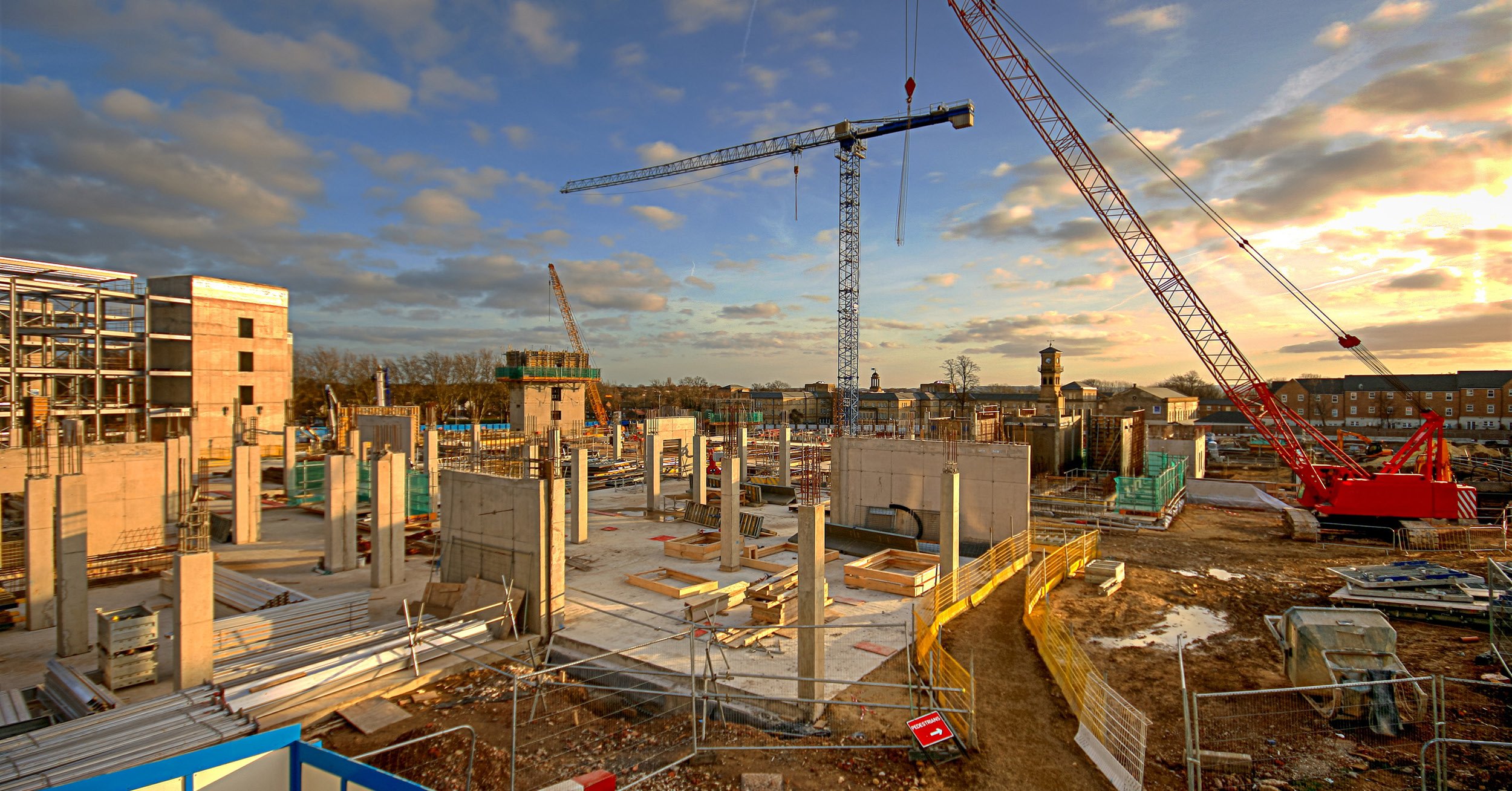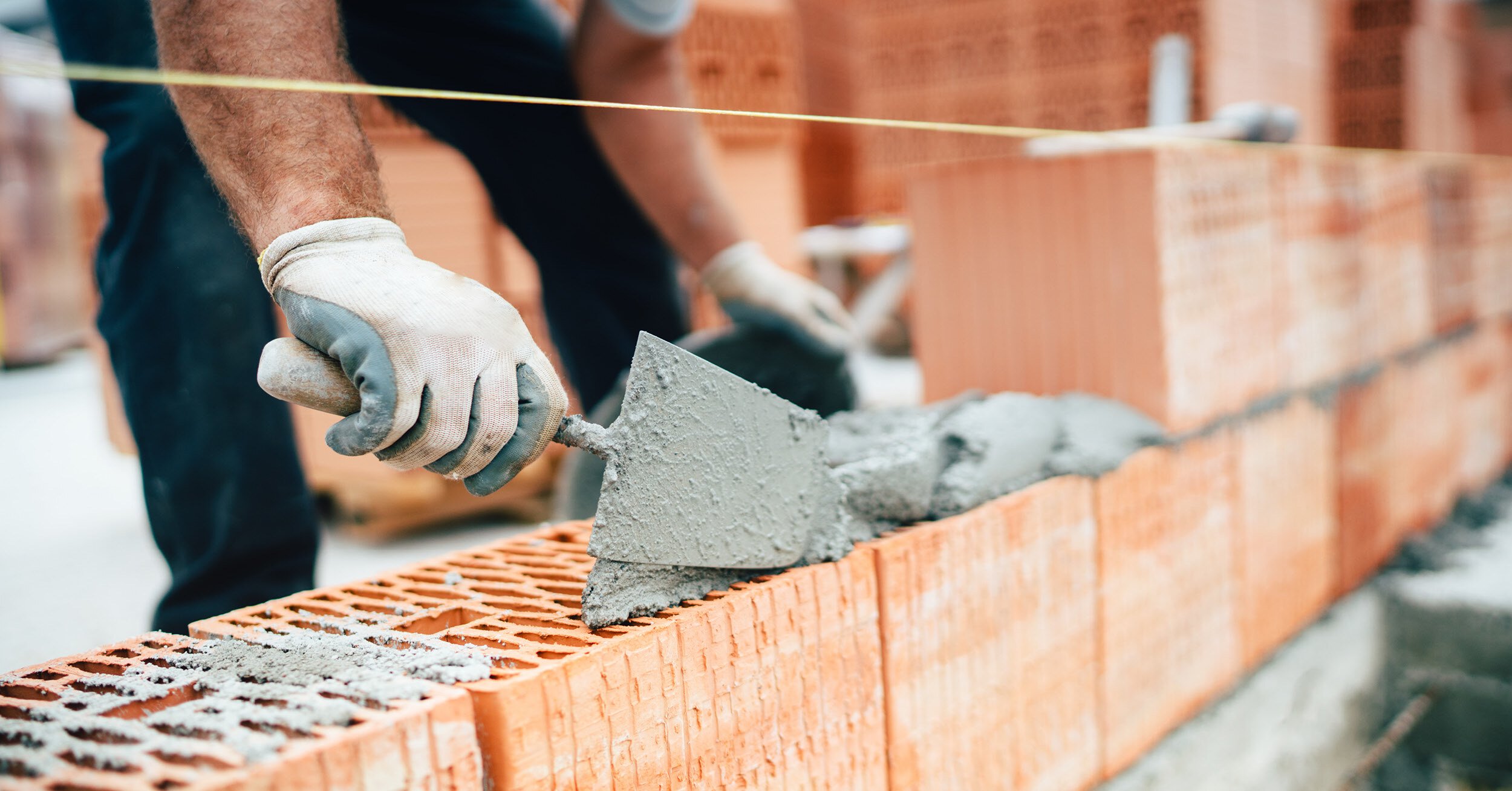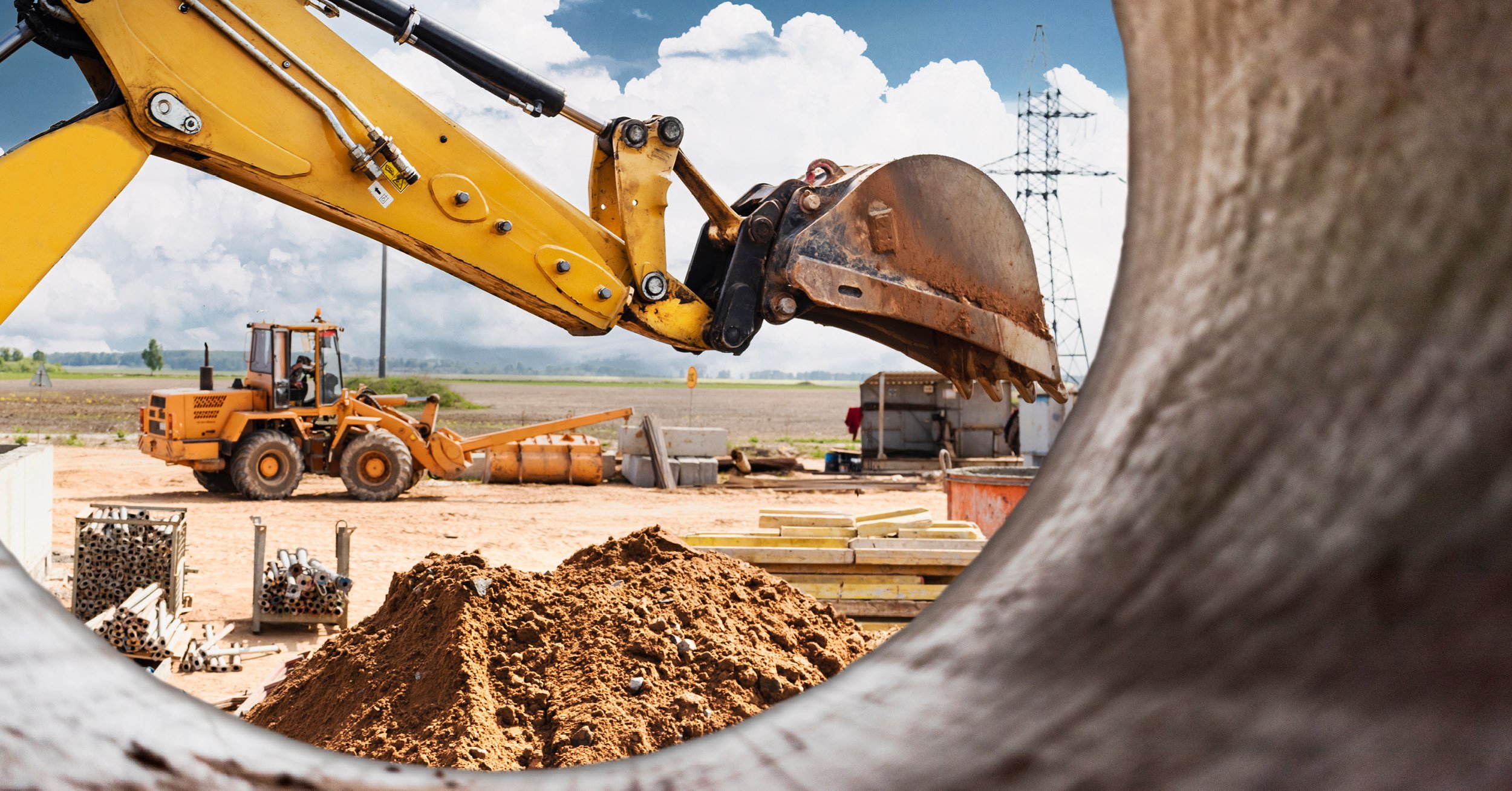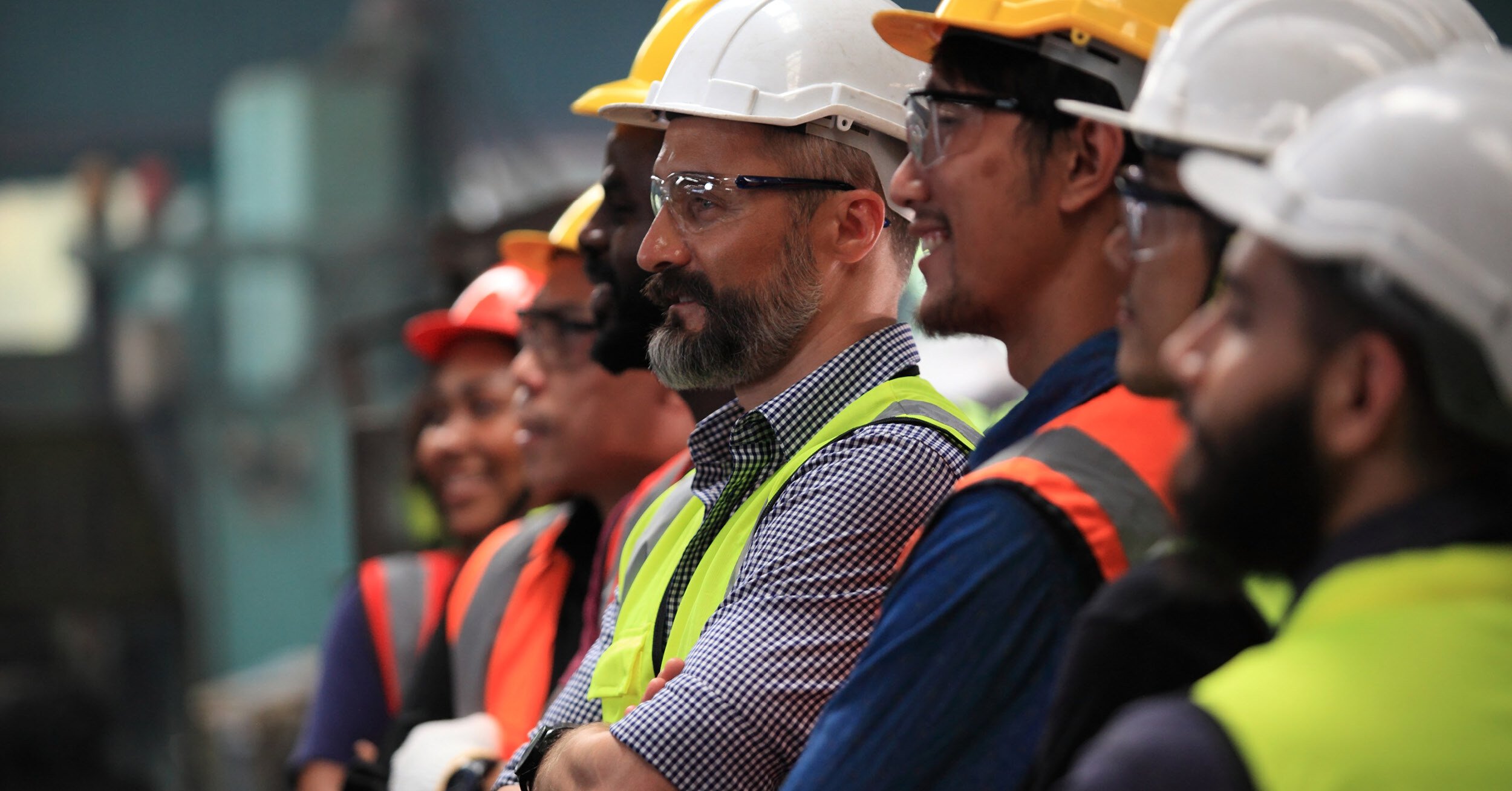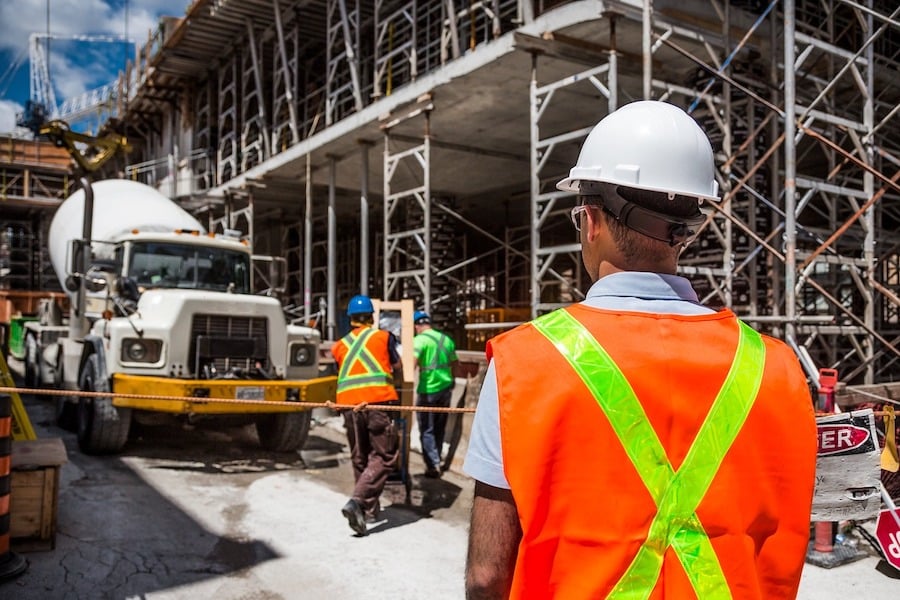6 Questions to Ask When Hiring Subcontractors in the Construction Industry
December 12th, 2018
3 min. read
By McClone

Many in the construction industry have relied on subcontractors to complete a portion of their projects, some with mixed results. Perhaps it’s a roofing contractor, electrician, mason or other specialized service. Finding a good subcontractor who will show up on time and follow through on a contractor’s direction is harder to come by than in the past, especially as fewer are pursuing skilled trades.
It’s more important than ever to prequalify subcontractors to ensure you get quality results on time and on budget, and ultimately maintain your reputation with existing and prospective customers. Ask these questions to help establish trusted and long-lasting relationships with your subcontractors that will help grow your business and theirs.
1. How will you meet expectations and qualifications?
To know if a subcontractor can perform the duties you require, it’s important to first outline in detail the expectations you have for the project. Review the qualifications and technical skills of your candidates, any certifications and previous work experience. You need to make sure the subcontractor you hire is up for the task and won’t need a lot of hand holding. You may even ask about equipment used to complete a job to make sure they’re not using antiquated machinery or tools to complete the task, which could pose liability risks, be prone to breakdowns or produce less than acceptable quality.
2. Do you have enough workers to get the job done?
Subcontractors face many of the same skilled labor shortage challenges as others in the construction industry. Make sure they’re not adversely affected by a lack of workers which can impact your tight timelines. You may also want to ask about the tenure and qualifications of their workforce. If a subcontractor relies on temporary workers rather than permanent employees, it could indicate an inexperienced labor pool that may not be able to perform work up to the quality standards you desire or in the time you need.
3. What’s your safety record?
The construction industry has inherent risks, so it’s critical to have a conversation about a prospective subcontractor’s approach to safety and any protocols that are put in place to prevent injuries. Follow through by checking safety inspection reports for any OSHA violations. Also find out their Experience Modification Rate, often referred to as the mod factor, which should be 1.0 or lower — an indicator of a strong safety program. This information is available through the state rating bureau. Insist on safety. If a subcontractor shows up at your job site and isn’t following safety protocols, an unexpected visit from an OSHA inspector could shut down your operations.
4. Can you provide references?
In the same way you would ask for references for a potential employee on your payroll, it’s important to do the same for your subcontractors. Even more important is to actually follow up with those references! Networking in the construction industry is commonplace, so ask your peers if they’ve worked with your prospective subcontractor and their levels of satisfaction. Many subcontractors also have websites, social media or ratings on Google or other online reviews. Watch for consistent red flags such as showing up late, delayed projects, cost overruns and other inconsistencies.
5. Will you sign a contract?
Any major transaction needs to have clearly defined documentation to confirm expectations, no matter how small the job. This helps ensure both parties are protected and on the same page. Once thoroughly vetted, develop a contract that includes the scope of the work being provided, timelines, pricing and payment terms, as well as the materials and services that should be included. Clearly outline expectations for cleaning up the worksite and debris removal — the last thing you want to deal with is the cost and hassle of disposing of old roofing materials or other refuse. Also cover any workmanship or product warranties, quality standards and required licensing, and outline terms that would constitute termination of the agreement. It’s best to have a lawyer review your subcontractor agreements to ensure you have liability protections in place and that you’ve covered all the bases.
6. Are you properly insured?
As a contractor, you wisely purchase insurance to protect your business and its workers. You’re also likely bonded to ensure clients that you’ll complete the work you’ve promised and will pay for any materials or labor you need to finish the job. You should require your subcontractors to have similar protections in place so that you’re not held liable for any damage or injuries caused as a result of their operations. Make sure your subcontractors have their own workers’ compensation coverage for all their employees, along with minimum liability coverage — both general and auto. Require that your subcontractors provide a certificate of liability as proof of insurance. Reputable subcontractors are familiar with these expectations and won’t hesitate to provide the documentation you need.
There’s no doubt that having reliable and trusted relationships with your subcontractors helps your operations run more smoothly. There’s a certain peace of mind in knowing they’ll do what they say and help you and your projects succeed. Having the right people on your team can help you succeed as well. Unfortunately, with less emphasis on trades in schools and a skilled labor shortage overall, finding qualified employees seems more difficult than ever. If you are looking for ways to find and retain skilled workers, check out our guide below.
Topics:



